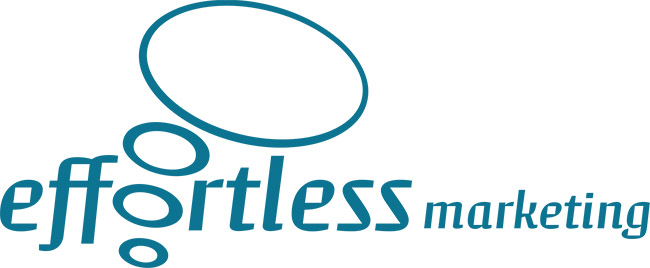Regular readers of my newsletters (and course students) will know that I am a great believer in the power of referrals. One of the best tools in the modern businessperson’s toolbox is an enthusiastic and genuine testimonial from a satisfied customer. This is especially true if the customer in question is already known and respected by the new prospect.
By the same measure, how much more credibility could YOU gain by referring your customers to a source of high quality products and services that meet their needs? They’ll probably thank you for the recommendation, and more importantly, remember your advice next time around.
Co-operative Marketing is all about recommending others. By recommending other suppliers and letting them recommend you, it is possible to reach a rich source of new customers effortlessly and completely free of charge.
- Have your business promoted to new customers by companies they already respect
- The recommendation already comes with a positive referral
- And you gain credibility by referring your customers in return
The process can be as simple as handing out business cards, or can involve several enhancements to give each company (as well as their customers) greater value. Wander around any supermarket and you will find dozens of co-operative marketing ventures – from free toys on cereal packets to discount holiday vouchers and competitions. The process is only limited by your imagination.
Consider the following:
PARTNERS
Partners can be complimentary businesses, but it isn’t essential. It seems logical for a tax consultant to recommend (and be recommended by) by an accountant, but he/she could also discover unexpected results by also recommending a local restaurant. Perhaps the most important factor is finding partners who work with a similar audience to your own. There is little value in a computer games supplier partnering with a hearing aid company (although based on my own childrens’ use of video games, they may need those services later in life).
Ask yourself these questions:
Does this potential partner deal with individuals that would make good customers for my business (age group, demographic make up, in the right location etc) and are likely to be interested in what I have to offer?
Can I offer a product/service that will not only meet my partner’s customers’ needs but that my partner will be happy to recommend?
Would I be happy to recommend this company to my own customers, secure in the knowledge that they will get an excellent service and thank me for the recommendation?
If you can answer ‘yes’ to all three then you have a potential partner.
RECOMMENDATION
There are numerous ways in which you can ‘recommend’ your partners:
- Hand out business cards or leaflets
- Include a name and contact number (or even a small advert) in your literature. “We are pleased to recommend…”
- Put up posters in your premises, or on your staff/customer information board
- Include a note and link on your website
- Include a leaflet or voucher with every product sold
TESTIMONIALS
If you use the products or services of the partner company suggest exchanging testimonials in the form of quotes, stories or case studies. Providing they are honest and genuine, these testimonials are a powerful persuader. Use them in newsletters, websites and flyers.
OFFERS
A special offer not only helps to recommend your partner, but actually adds value for your customers and provides a simple way of saying ‘thanks for being a customer’. A discount voucher is obvious, simple and inexpensive to produce. However, think laterally and you will find novel ways of ‘referring’ your partners:
- A free gift for each customer
- Entry in a joint competition to win prizes offered by both partners
- Invitation to an event or party being hosted by both partners
- A free or low cost trial (which can then be ‘upgraded’ if the customer wishes)
In each case, there is an opportunity for customers to sample the partner company and experience for themselves the quality of product or service.
Co-operative marketing doesn’t have to be for ‘big’ business and doesn’t have to involve any exchange of commission or payment. Providing you and your partners work together to ensure that all customers receive excellent service, it is a form of marketing in which everybody wins. It is even possible for COMPETING companies to form a co-operative partnership and help both businesses to grow and profit.

